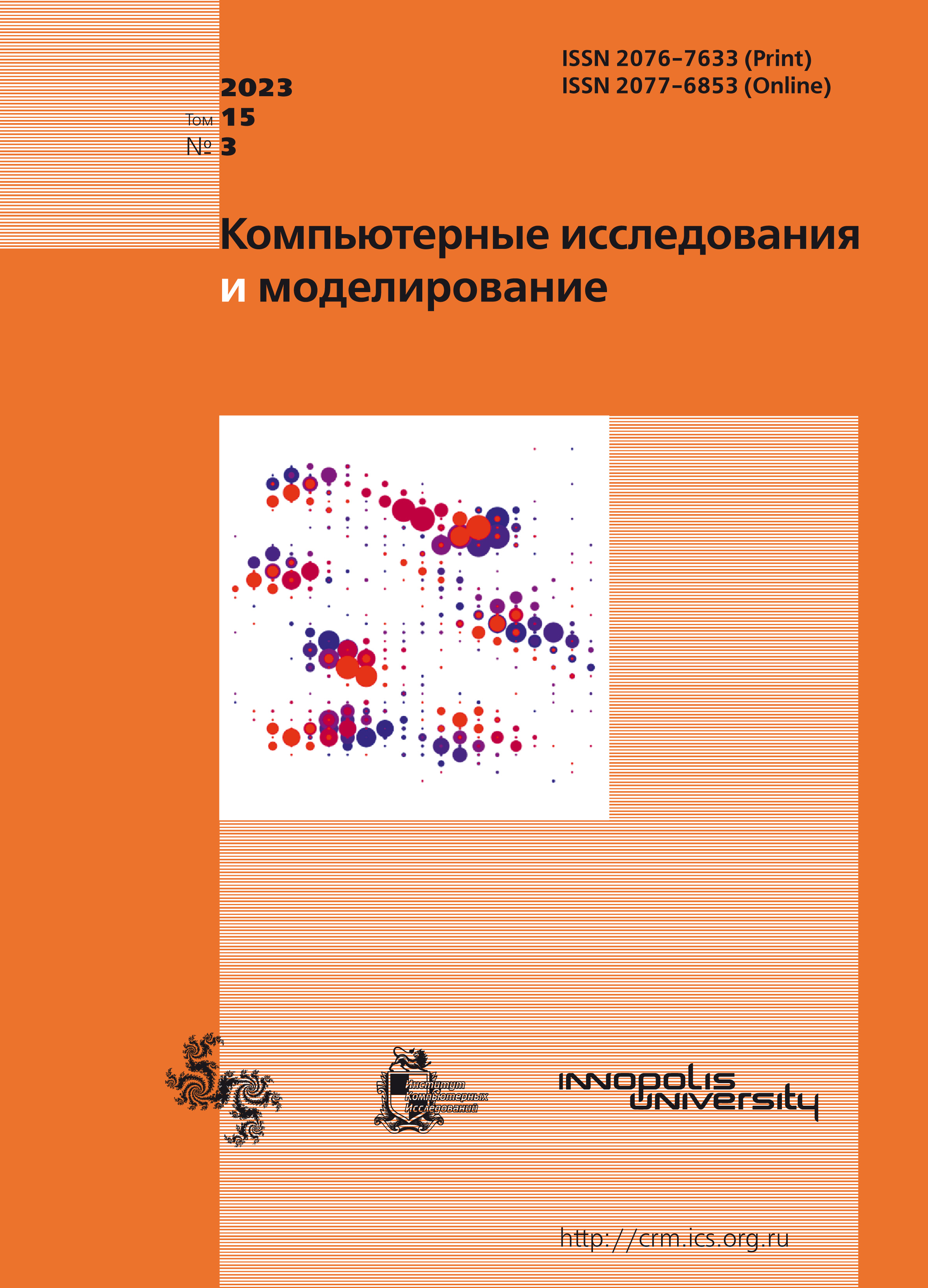All issues
- 2025 Vol. 17
- 2024 Vol. 16
- 2023 Vol. 15
- 2022 Vol. 14
- 2021 Vol. 13
- 2020 Vol. 12
- 2019 Vol. 11
- 2018 Vol. 10
- 2017 Vol. 9
- 2016 Vol. 8
- 2015 Vol. 7
- 2014 Vol. 6
- 2013 Vol. 5
- 2012 Vol. 4
- 2011 Vol. 3
- 2010 Vol. 2
- 2009 Vol. 1
Optimization of the brain command dictionary based on the statistical proximity criterion in silent speech recognition task
 pdf (531K)
pdf (531K)
In our research, we focus on the problem of classification for silent speech recognition to develop a brain– computer interface (BCI) based on electroencephalographic (EEG) data, which will be capable of assisting people with mental and physical disabilities and expanding human capabilities in everyday life. Our previous research has shown that the silent pronouncing of some words results in almost identical distributions of electroencephalographic signal data. Such a phenomenon has a suppressive impact on the quality of neural network model behavior. This paper proposes a data processing technique that distinguishes between statistically remote and inseparable classes in the dataset. Applying the proposed approach helps us reach the goal of maximizing the semantic load of the dictionary used in BCI.
Furthermore, we propose the existence of a statistical predictive criterion for the accuracy of binary classification of the words in a dictionary. Such a criterion aims to estimate the lower and the upper bounds of classifiers’ behavior only by measuring quantitative statistical properties of the data (in particular, using the Kolmogorov – Smirnov method). We show that higher levels of classification accuracy can be achieved by means of applying the proposed predictive criterion, making it possible to form an optimized dictionary in terms of semantic load for the EEG-based BCIs. Furthermore, using such a dictionary as a training dataset for classification problems grants the statistical remoteness of the classes by taking into account the semantic and phonetic properties of the corresponding words and improves the classification behavior of silent speech recognition models.
Copyright © 2023 Bernadotte A., Mazurin A.D.
Indexed in Scopus
Full-text version of the journal is also available on the web site of the scientific electronic library eLIBRARY.RU
The journal is included in the Russian Science Citation Index
The journal is included in the RSCI
International Interdisciplinary Conference "Mathematics. Computing. Education"






